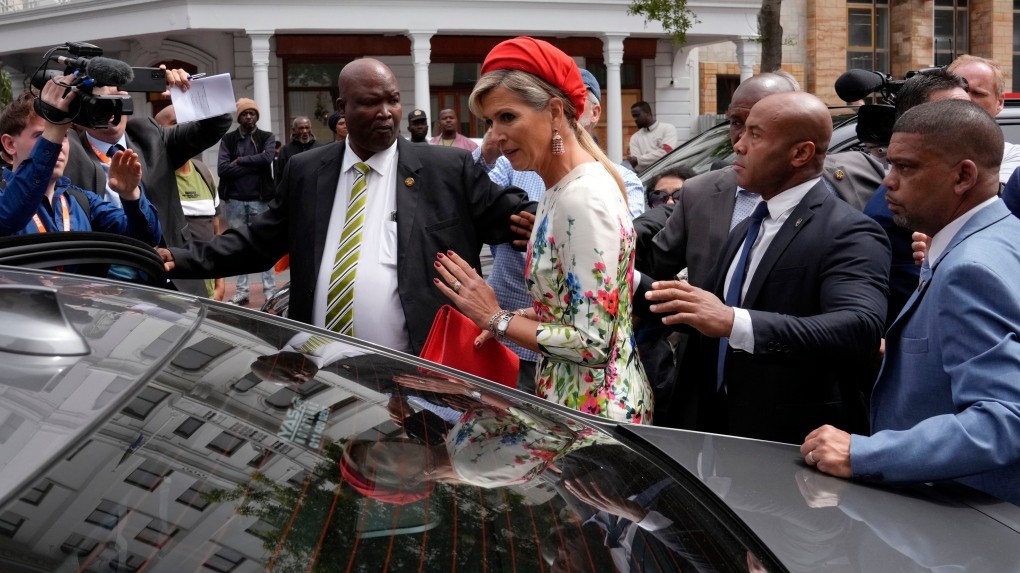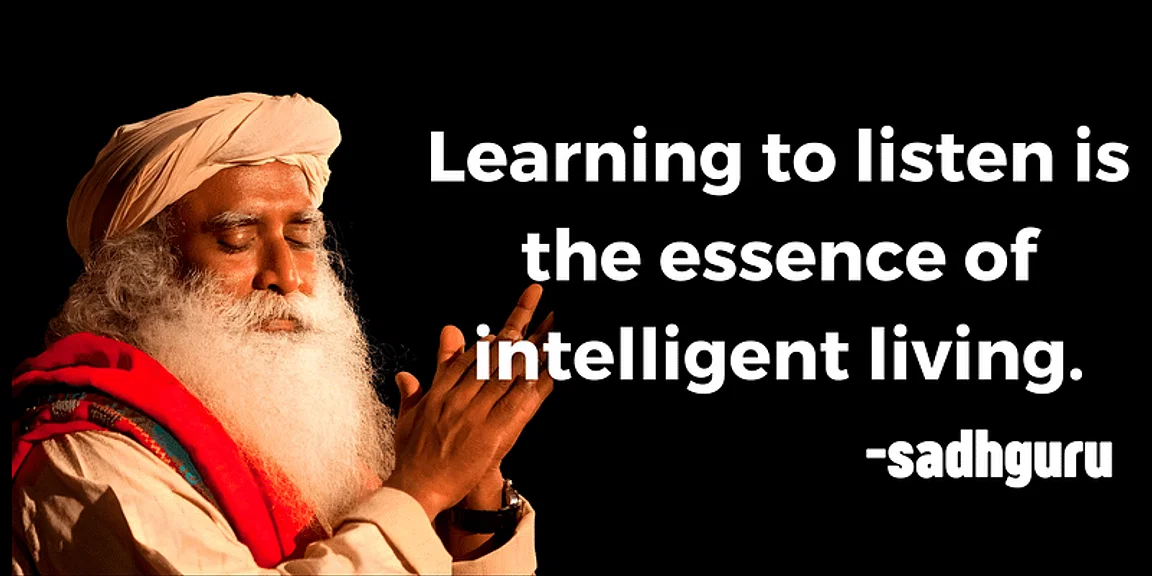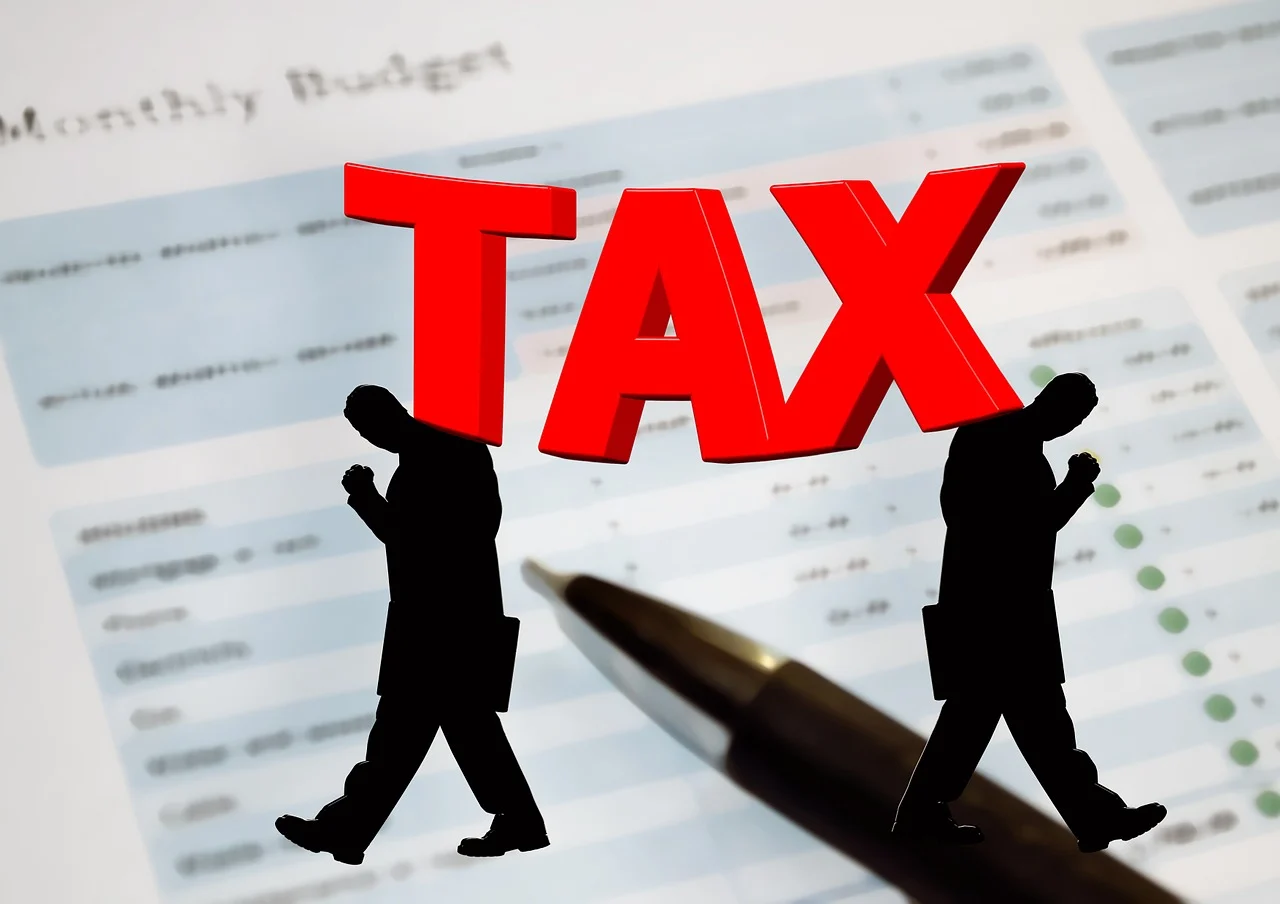During a visit by King Willem-Alexander and Queen Maxima of the Netherlands to the Slave Lodge in Cape Town, scenes of significance unfolded in October. This historic site, once a place where Dutch colonists enslaved thousands of Africans and Asians, became the backdrop for a confrontation between the royals and leaders of the Khoi-San community, descendants of South Africa's first indigenous people.
Protesters questioned the absence of a meeting between the royals and the Khoi-San during their three-day state visit. They sought a direct apology for slavery and addressed the issue of reparations. Despite previous apologies for slavery from King Willem-Alexander in July, the people in Cape Town received no satisfactory responses.
The Slave Lodge, between 1679 and 1811, confined 9,000 slaves under the Dutch East India Company, now a museum honoring the memory of those indigenous people who once roamed freely until Dutch colonization in 1652.
Historical records about the lives within the lodge are scarce, revealing only partial identities of the slaves. They were identified by there origins-- names like Tserepa van Mosambique or Ftoko van Madagascar. Even these records offer limited details, mostly their places of origin and dates of death.
For the indigenous people of CApe Town, the Slave Lodge symbolizes the oppression endured by their ancestors under Dutch rule.
The Dutch colonization of South Africa, part of the Netherlands' extensive colonial empire in the 17th century, led to a significant impact on the region. The Dutch East India Company played a pivotal role in this era, transporting over 600,000 individuals from Africa to the Americas as part of the slave trade.
Upon landing in 1652, Dutch colonists, led by Jan van Riebeeck, altered the lives of the Khoi-San. Historians highlight van Riebeeck's utilization of slaves for arduous labor, exacerbated by resistance from the Khoi-San. This led to conflicts and a continuous need for more slaves, sourced from colonies in Indonesia and Madagascar.
The consequence was a harrowing period of slavery, forced labor, dispossession, and oppression lasting 150 years under Dutch rule. Slavery was eventually abolished in South Africa in 1834, among the final regions under Commonwealth rule to enforce this change.
For the Khoi-San, colonial intrusion and slavery caused rapid societal disintegration. The frustration of the indigenous people, reflected in recent protests, stems from feeling excluded from engagements that deeply affect their heritage and rights.
Their demands for recognition, inclusion, and acknowledgment of their indigenous rights within the South African Constitution persist. The legacy of dispossession, land theft, and cultural erasure continues to impact their present circumstances.
The unresolved issues stemming from Dutch colonization, compounded by subsequent apartheid laws, are starkly evident in contemporary South Africa. The anger directed at the Dutch royals reflects the unhealed wounds and ongoing struggles faced by the Khoi-San and descendants of slaves.
Challenges persist for the Khoi-San, including limited access to technology, gender-based violence, unemployment, and, notably, the prolonged battle for land ownership and rights. Various Khoi-San groups are engaged in legal battles, including claims for areas like Table Mountain National Park.
Efforts by traditional leaders and Khoi-San representatives to engage authorities have gained attention, but progress toward addressing historical land dispossession remains slow.
Acknowledgment, apology, and redress from the Dutch royals for the impact of colonialism are seen as crucial steps towards healing these deep-seated historical wounds. The Khoi-San and descendants of slaves continue their quest for recognition and justice within a society still grappling with the enduring repercussions of a painful past.
Is this content hitting the mark for you? If so, consider supporting my work—buy me a virtual coffee! 




